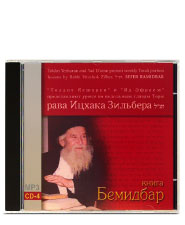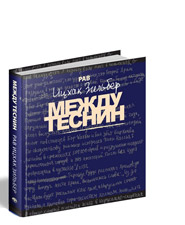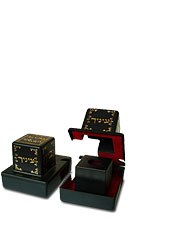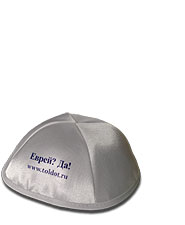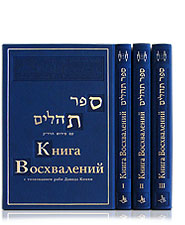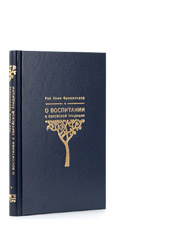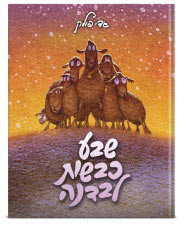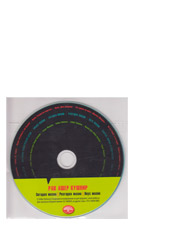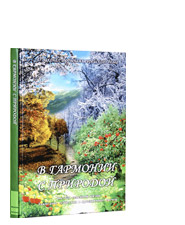
The Memoirs of Rav Yitzchok Zilber zt"l "To Remain A Jew" - Part 2
I do not know of another father whose son feels more indebted to him than I do to my father, of blessed memory, for the knowledge that he gave me.
PART 2
1916–1960
CHAPTER 1: Instead of School
How I studied
I do not know of another father whose son feels more indebted to him than I do to my father, of blessed memory, for the knowledge that he gave me. He taught me “alef-beis” (the Hebrew alphabet), Tanach (the twenty four books of Torah, Prophets, Writings), Shulchan Aruch (the Code of Jewish Law), Mishnah, and Gemara (Talmud).
How did my father manage so much? I cannot imagine, but I did not learn in a formal school for even one hour. Under the Soviet system and laws of mandatory education, this was a miracle. To ensure that I would be on par with the other children, my father used to hire private teachers. They taught me the schools’ curriculum of math, physics, and Russian. But he worked with me on these subjects too. (How and when he obtained this knowledge I don’t know, but one doesn’t ask a talmid chacham such a question. He did it for me in order to keep me out of school.)
My father always used to take me to the synagogue. At six I already knew the prayers by heart and prayed without using a prayer book.
It happened once, when I was eight, that my father and I were sitting and listening to how the shochet[1] was studying Mishnah with a group of Jews. (There were about thirty people.) My father bent over and whispered to me, “I want you to know that in this place his explanation is wrong.” I was surprised: why didn’t my father correct the shochet?
When the class was over, the men recited the evening prayers and left. The shochet began speaking with my father, and my father casually mentioned, “You know, in the Mishnah there is one place that not everyone understands correctly,” and then explained it to him.
“Oy,” said the shochet, “I explained it incorrectly too. We should review it tomorrow and correct the mistake.” Then I understood why my father was quiet at first. He did not want to embarrass the shochet in front of everybody. This was a good lesson for me.
In general, my father was a soft and even shy person. He used to say, “If somebody needs something, let him come to me and I will help.” In contrast, my mother was very active. If she knew that somebody was in need, she would run there herself.
Jewish law requires Jewish men to sleep and eat in the sukkah during the Festival of Sukkos. There is also a special obligation to eat in the sukkah on the first night.
On other days, if it is raining, one may go inside and eat there, but on the first night it is important to wait until the rain passes and eat in the sukkah.
In
We approached a house that usually had a sukkah — nothing. We came to another place — also nothing. The rain was horrible, but we kept looking. We continued to look for about four hours, until midnight, but we still could not find one. Finally we found one and ate in the sukkah!
As far back as I can remember, we lived in a government-owned three-room apartment. Not too bad, right? Actually, it was horrible. My parents and me, the three of us, lived in a twelve square-meter room, the neighbor's family was in a similar room, and the main room was allocated to the young Jewish section of the Communist Party, Yevsektsia.
YEVSEKTSIA, OR WHO IS AMALEK?
The Jewish section (Yevsektsia) was a general name for the Jewish organizations of the RCP(b) (Revolutionary Communist Party of Bolsheviks).[2] After the revolution, the communists created within the party national sections that were supposed to implement the communist ideology "among their own" — in other words, to convince people to "build socialism" in their native language. Members of Yevsektsia mercilessly fought the "remnants of the past" — their own parents' faith. They closed synagogues and mikvehs,[3] they forbade the kosher slaughter of animals, and those who taught Torah were put in jail.
It was the Yevsektsia who succeeded in arresting the Lubavitcher Rebbe in
They were also the ones who organized a gathering on Shabbos Pesach in
Nechemia Maccabi from
“Where is your son?” demanded the uninvited guests.
“He went somewhere,” said the father, shrugging his shoulders.
They looked in every corner, but did not find anybody. Luckily they had not thought to look in the closet.
Yevsektsia members were very crafty. They used to organize “Jewish” trials, where the whole procedure was conducted in Yiddish. In
Recently, I saw a brochure that had been published in
[1] The butcher who slaughters meat the kosher way for the community; he has to know the laws of Jewish slaughter well, to be a righteous person, and knowledgeable in Torah in general.
[2] Pronounced "RKPB." The b is lower case because at some point the party split into Bolsheviks and Mensheviks.
[3] Pools for ritual immersion, required by the Jewish laws of family purity.
[4] A specialist who performs bris milah, circumcision.




